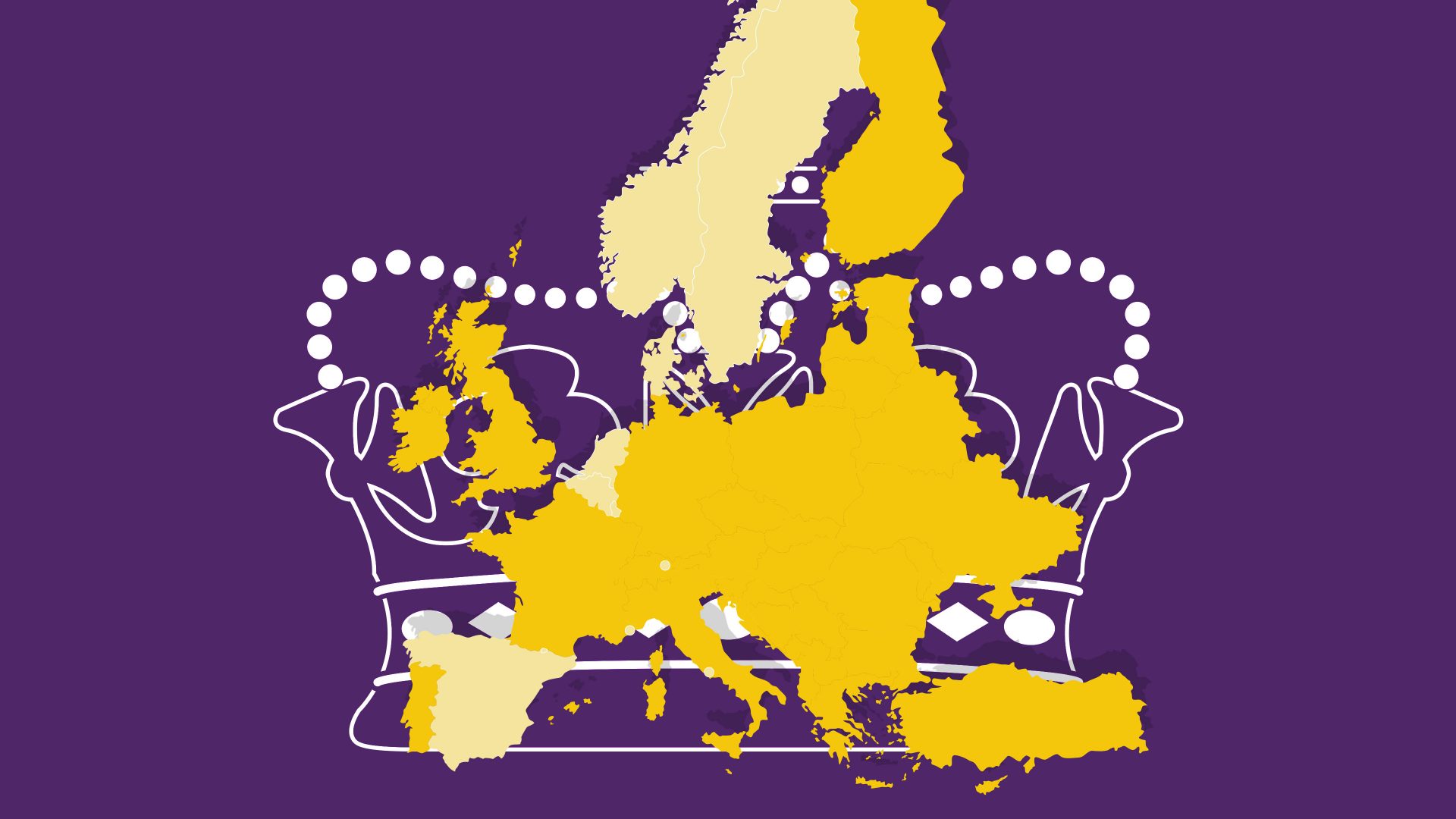Philosophers have had surprisingly little to say about grief and the rituals of mourning, so little that it seems they’re deliberately avoiding the topic. The ancient Stoics are a notable exception. They made a virtue of not being affected by loss. Epictetus argued that intensely missing someone no longer here was like wishing for figs out of season – not a rational way to approach life. Instead, appreciate those close to you while they’re alive, and recognise that nature takes her course. Weep at the loss of a friend, but don’t wail, was Seneca’s slightly more lenient philosophy. The general attitude of Stoics, though, was this: don’t concern yourself with things you can’t change and concentrate on the things you can. Grief can take over your life, and, like anger, is a useless emotion. It won’t bring anyone back. Find ways to control it.
In his recent book, Grief: A Philosophical Guide, Michael Cholbi takes a different line from that somewhat dismissive Stoic approach. Rainer Maria Rilke suggested in a letter that though the death of someone we care about wounds us, it can also give us greater self-understanding. Cholbi develops this thought, focusing on grief ’s alleged silver lining.
Though intensely painful and liable to take us over at any point, grief, he argues, is a complex set of emotions and a process that provides unique opportunities for self-development. It jolts us out of complacency and reveals to us who we are and what we truly value. It is an opportunity to reorient ourselves towards the world and to others, but it also holds a mirror up to our own commitments, expectations, and values.
Some people dismiss being moved by the deaths of those we have never met as a kind of sentimentality, an unearned emotion. But Cholbi is sympathetic to the idea that grief at the death of celebrities, a very widespread phenomenon, can be authentic grief. This seems right. The intense pain and shock that so many experienced at Amy Winehouse’s death, for example, despite not knowing her personally, was real.
Similarly, the outpouring of sadness and extended public mourning when Princess Diana died. Though I don’t share their grief, because I’m not emotionally involved in following royalty, I appreciate that many are now grieving Queen Elizabeth’s death even though they never met her, and despite her having lived a long life. Some of that is directly linked to the values she represents for them, her dedication and diplomacy, independently of her symbolic role as monarch, and some of it to her seeming always to have been in their lives like a member of their own family.
I don’t, however, share Cholbi’s optimism about grief and self knowledge. I’m tempted to say it is wishful thinking. I think he puts the emphasis in the wrong place. Grief is not essentially a tool for self-development, though it can on rare occasions work that way. Grief is generally a darker, more hopeless set of emotions than this approach suggests.
My take is this. It is part of the human condition that some people very dear to us will die sooner than we will. That is one of the painful and unavoidable tragedies of our existence. Most of us, without choosing to do so, will feel intense emotion when this happens, and will struggle to come to terms with this loss. Grief may never completely fade, and perhaps it shouldn’t. It will come back in waves when we least expect it to.
When I grieve for friends and relatives who have died, I am sad because they are no longer around when they could and should have been. At its core this is a feeling of intense regret that they died when they did, one that is easier to cope with when they led a full life and didn’t die young.
The rituals of mourning can give a public expression to these sorts of feelings, but personal grief is a longer-lasting flame that keeps their memory alive and meaningful, but can also border on despair. It is a way of continuing the attachment that I have with my lost friends and relatives despite their deaths, a way of continuing to care about them, a combination of sense of loss, real pain, and sadness. Beyond that it is a reminder of what waits for us all, of how our own deaths will affect the people we love and who love us.
As Queen Elizabeth herself said, “grief is the price we pay for love.”



